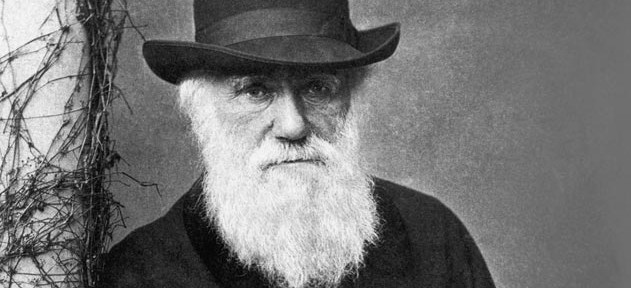Scientists routinely study people’s behavior as part of humanity’s quest to better understand ourselves and our universe. Christian theologians use the Bible as their guide while traveling along that same quest. Since the scientific community has a higher percentage of atheists and agnostics than the general population, they approach studies of humanity with a strikingly different worldview from Christians. So, what happens when scientists and theologians try to go about understanding each other?
A recent article on PhysOrg, “God as a drug: The rise of American megachurches“, presents a study on the rise of American Megachurches. Unlike many such studies on religious subjects, it is not an attack piece. It does, of course, ignore God’s role in conversion and largely attributes the growth to sensory and emotional experiences – no surprise there. From the article:
As part of their study, Wellman, Corcoran, and Stockly-Meyerdirk analyzed 470 interviews and about 16,000 surveys on megachurch members’ emotional experiences with their churches. Four themes emerged: salvation/spirituality, acceptance/belonging, admiration for and guidance from the leader, and morality and purpose through service.
Our modern perception of science is that it is an objective search for truth, but we often forget that science is conducted by people. Those people are subject to the same influences and biases as everyone else. While the application of certain methods can reduce the error caused by human imperfections, we cannot deny that paradigms, axioms, and presuppositions heavily influence the world of scientists.
To illustrate this, Creation-Evolution Headlines rewrote the PhysOrg article as though a theologian had conducted a study on the growth of Darwinism. The result of this fictional study is a strikingly accurate description of how many Darwinian “evangelists” view their role. Consider the same paragraph, above, re-imagined from the opposite perspective:
As part of their study, Weller, Corky, and Stocky analyzed 470 interviews and about 16,000 surveys on society members’ emotional experiences with the conferences. Four themes emerged: materialism/scientism, conformity/unity, admiration for and desire for acceptance from peers, and a sense of duty to fight creationism in public outreach.
Both articles are a good read, so check them out. Do you agree that scientists can be influenced by each other in ways that affect their conclusions? How do you think this shapes the narrative of “religion vs. science?” Leave a comment below.
